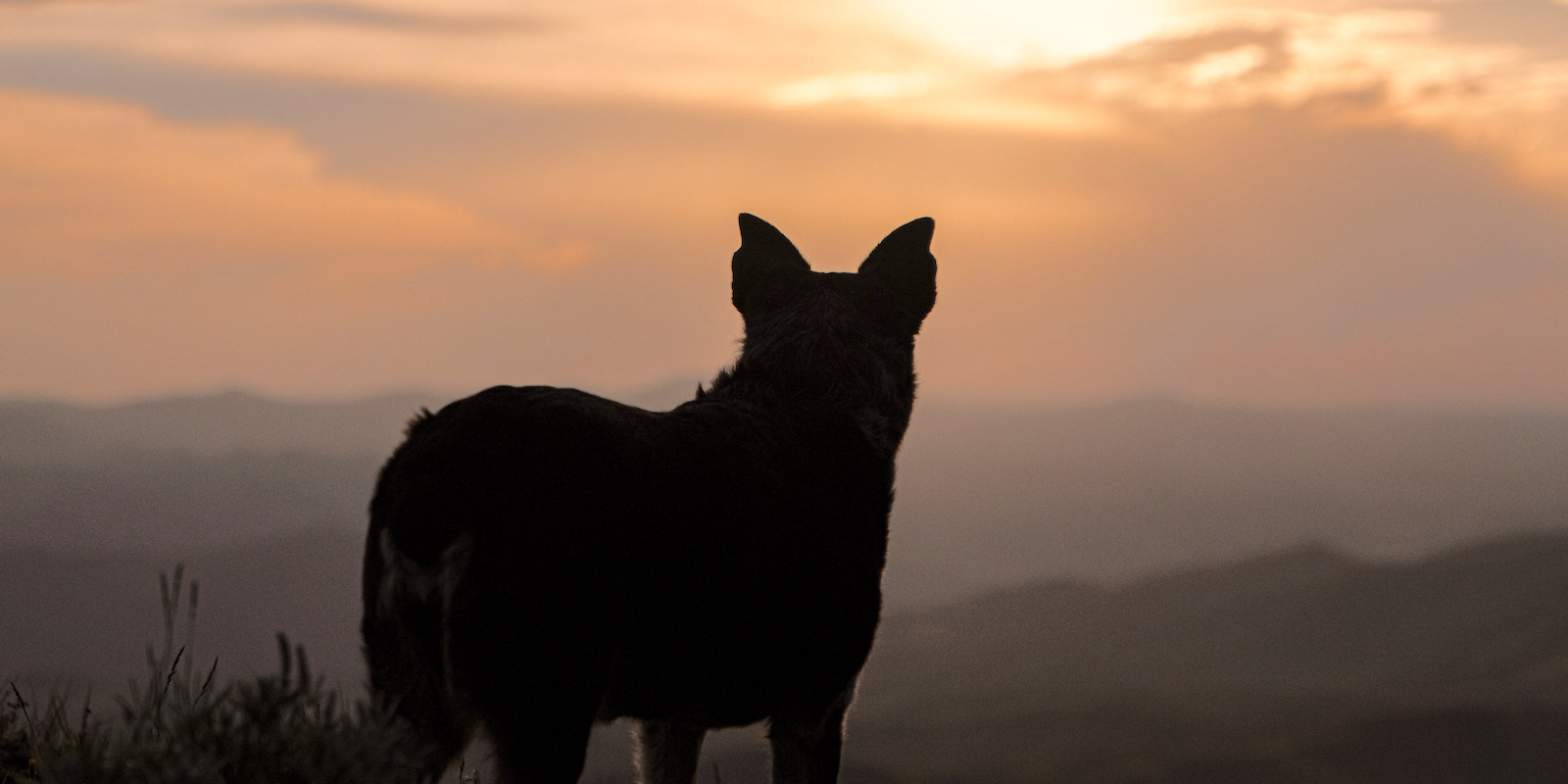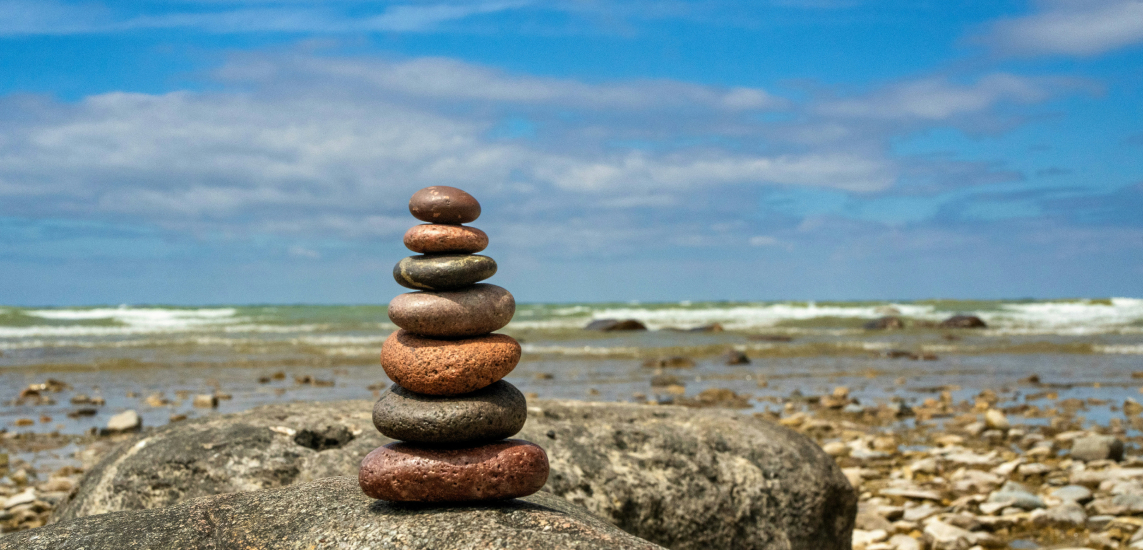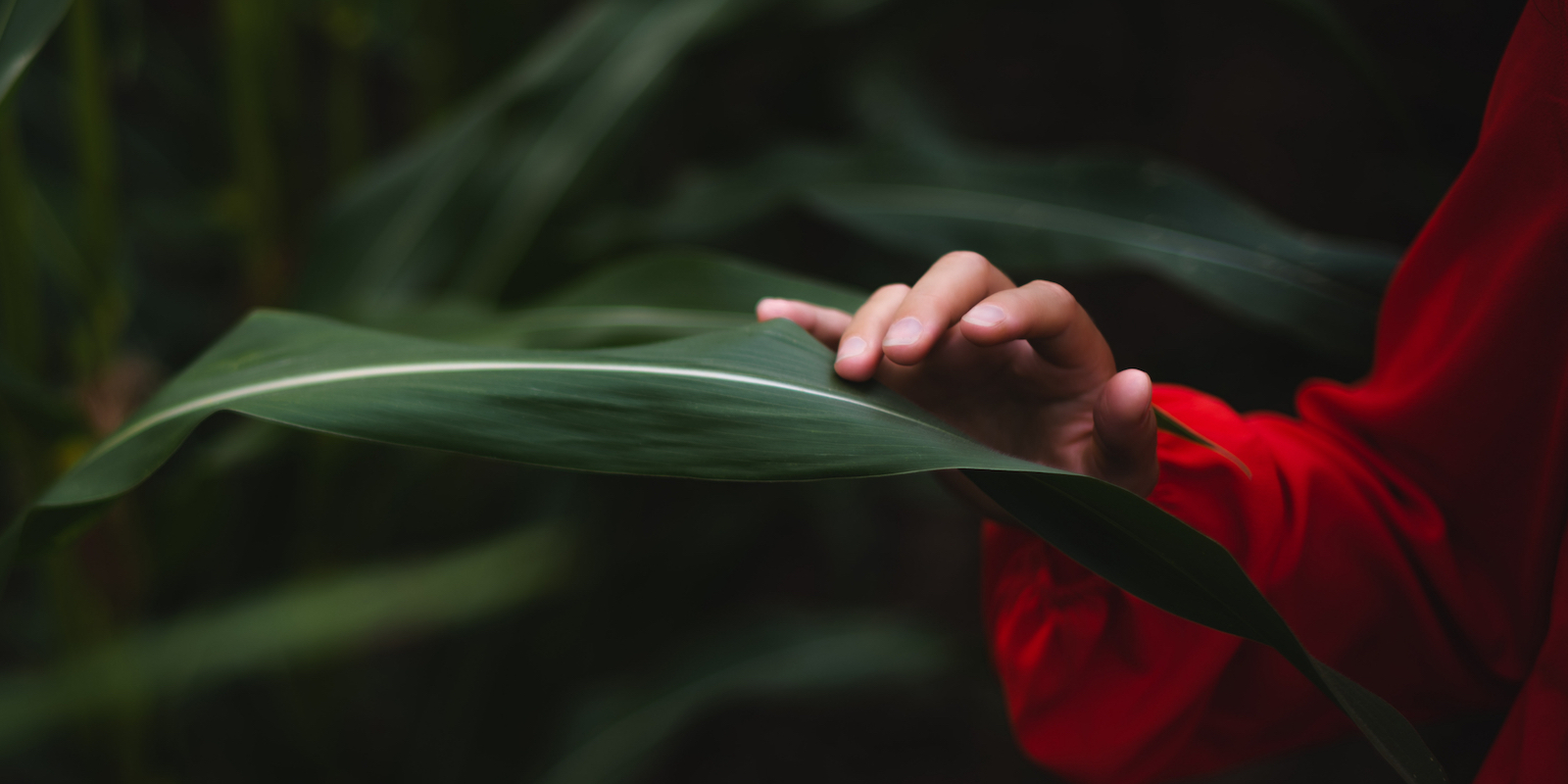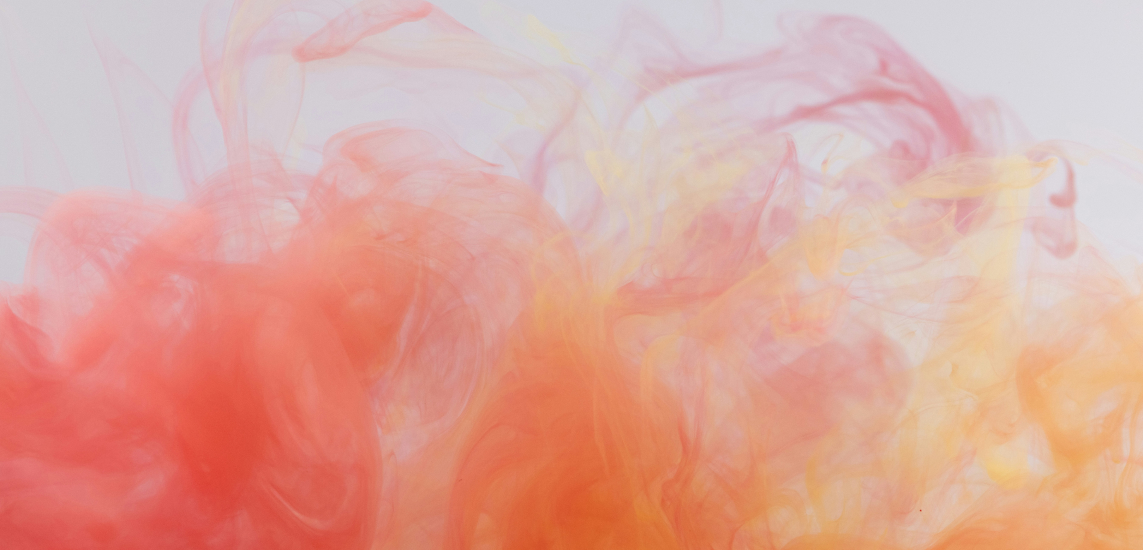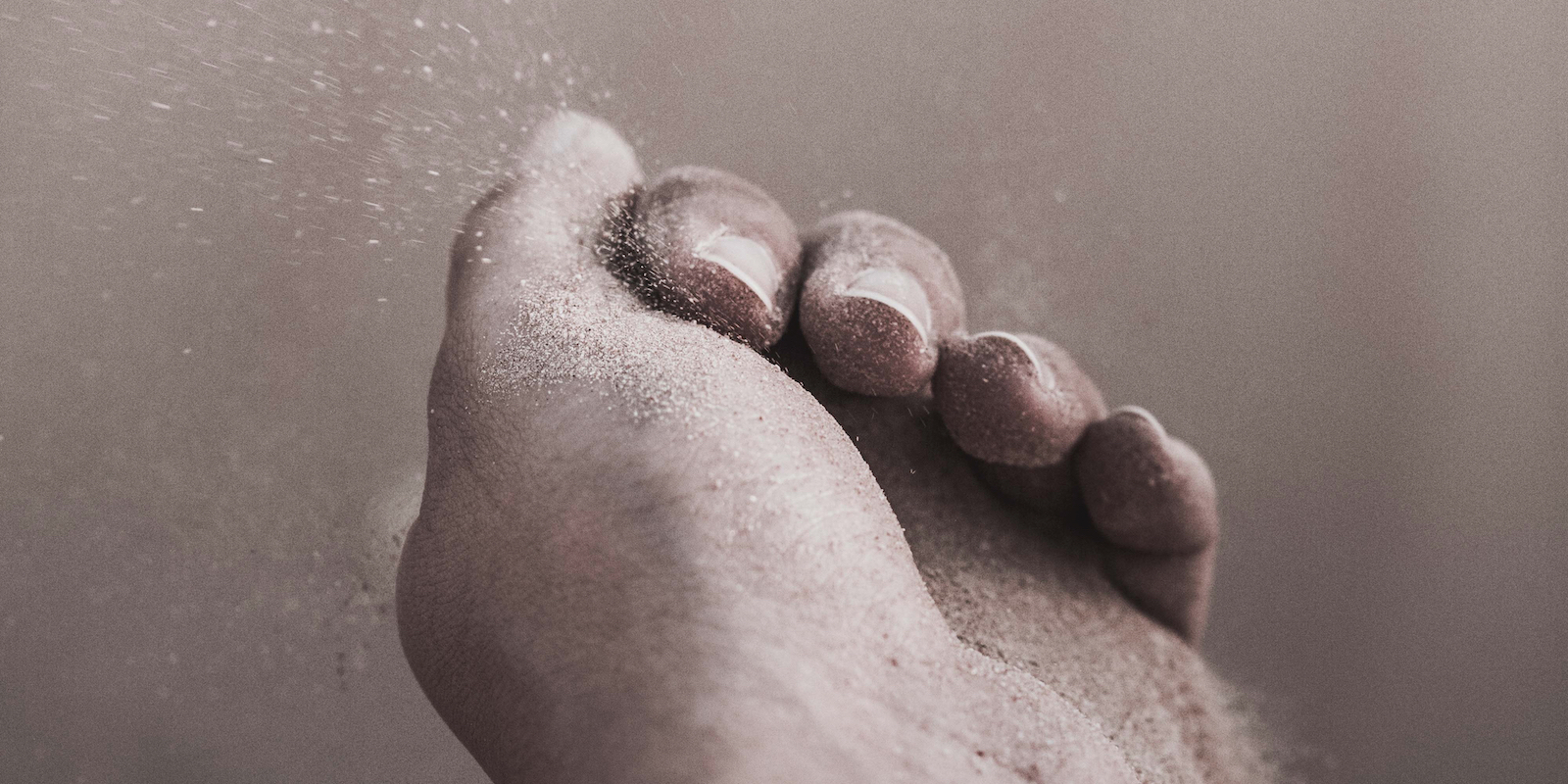While all humans have a circadian rhythm that flows through sleep-wake cycles over roughly 24 hours, a chronotype is more specific to each individual. Learn about the different chronotypes, how they affect our sleep quality and what to do when your chronotype is in conflict with work schedules and social expectations.
What Is A Chronotype?
The concept was first studied by sleep scientists Olov Ӧstberg and Hames Horne in the 70s, and later developed by Dr. Michael Breus in his bestseller The Power of When. Breus explains that your chronotype is essentially your body’s inner clock or sleep personality, which influences the times when you feel most wakeful and the times you naturally tend to sleep.
The idea is simple: when you are more closely aligned with your body’s innate sleep rhythms, you’ll experience more refreshing, better quality sleep and be more productive. Work against your biological clock, however, and you may find yourself feeling groggy and tired, or else wide awake at all the “wrong” times.
Essentially, we all have different sleep needs – not only in the number of hours we need, but also when we need them. If you consistently find yourself yawning when everyone else is wide awake, or never quite seem to wake up feeling refreshed, you might be inadvertently working against your natural chronotype.
Chronotypes And The Circadian Rhythm
While all humans have a circadian rhythm that flows through sleep-wake cycles over roughly 24 hours, a chronotype is more specific to each individual. These personal differences come down to a host of factors like age, sex, and exposure to daylight, but there is a pronounced genetic component, too.
The PER3 gene is expressed in an area of the brain called the suprachiasmatic nucleus, which acts a circadian pacemaker. The PER3 gene can modify circadian rhythms and has even been linked to certain sleep disorders. Crucially, the gene comes in a few variants, with Breus explaining that people with the longer variant tend to be early risers who need more sleep, while those with the shorter variant are prone to late nights and need less sleep. The PER3 gene can also influence the production of melatonin, which is a hormone that affects feelings of wakefulness.
Explore free sleep meditations, music and talks:
Why Chronotypes Affect The Quality Of Your Sleep
There is simply no evidence to suggest that waking up later in the morning is an inherently lazy or unproductive thing to do, or that feeling wakeful when everyone else is asleep is necessarily a problem. Instead, overall wellbeing and productivity seems to come down to how well you can respect the innate schedule that your body runs on – and not the time you wake up.
But your sleep habits are not just preferences; they have a physiological basis. And according to some researchers, this genetic variation must have had some purpose for it to have evolved amongst our ancient ancestors, i.e. in our deep history, a tribe with people that were naturally awake at all different times of day may have had a survival advantage.
Your body’s hormones work on a 24-hour cycle, beginning anew when you first wake in the morning. Depending on how well your life’s activities synchronize with the rise and fall of these hormones throughout the day, you may find it easier or more difficult to exercise, work, sleep, concentrate, make decisions, be creative, or even have sex.
Your sleep-wake cycle affects every aspect of your life, including your metabolism and body mass, overall body temperature, digestion and mood. This is why schedules that are out of sync with your body’s own rhythms can feel like constant jetlag!
Read more: Do you often have trouble falling asleep? Explore 4 tips to manage worrying thoughts that get in the way of your sleep.
What Are The 4 Chronotypes?
Most researchers break down the chronotypes into morning types, evening types, or types that are neither. According to Dr. Breus, there are four main chronotypes, which he calls Dolphins, Lions, Bears, and Wolves, according to the animal with the closest corresponding sleep habits.
The Bear Chronotype
Bears are most common in the population and have a sleep-wake cycle broadly in sync with the sun, waking up and falling asleep relatively easily. Peak productivity coincides with daylight hours, with most work done before noon. Bears are said to be relatively extroverted and people oriented.
An after-lunch slump is common, with energy levels dipping between 2 and 4pm. Bears can usually manage a traditional work and social life schedule without too much trouble, but can have some difficulty with low light levels in the winter. They should also avoid pushing themselves in late afternoon when energy levels flag.
Explore various free meditations for an energizing afternoon recharge by popular Insight Timer teachers.
The Lion Chronotype
Lions similarly wake up early, usually before sunrise, but their energy is typically depleted by around 9 or 10 pm. These are the people that get plenty done while others are still asleep in the mornings, and are most productive before noon.
Lion types can be very industrious if they harness their early morning energy peak, and are characterized as Type A overachievers and go-getters – perhaps explaining the “early to bed” myth. But they may find themselves missing out if important work is scheduled for the end of the day, and will have little stamina for a social life that only gets going long after they’ve put on their pajamas!
The Wolf Chronotype
Wolves are the classic night owls and prefer to go to sleep late and wake up late, ideally around noon. They hit their stride from about noon to 4pm, with a second energy burst around 6pm. Though wolf types may appear sluggish in the mornings, they can typically get a lot done in the afternoons long after everyone else is winding down for the day.
Wolves can have difficulty with normal work hours, but may be more productive and happier when allowed to determine their own schedules. They may be creative types or prefer working alone, being more introverted than the other types. One study has even suggested a link between “dark triad” traits (Machiavellianism, secondary psychopathy, and exploitive narcissism) and being a night owl.
The Dolphin Chronotype
Finally, dolphins are very light sleepers who wake up easily, and don’t follow any particular wake-sleep cycle. Because they’re so sensitive to light and noise in their environment, they often don’t get enough quality sleep. Being anxious and intelligent people, dolphin chronotypes can be insomniacs who spend the night ruminating.
Their productivity peaks from around 10am to 2pm, which is convenient for most jobs! Dolphins need to take extra care to maintain good sleep hygiene and do what they can to regularly get quality rest.
Explore calming music and guided meditations when you wake up in the middle of the night and struggle to get back to sleep.
What Is My Chronotype?
You might have strongly identified with one of the descriptions above, but there are also various questionnaires designed to pinpoint your sleep type more accurately.
The morningness-eveningness questionnaire (MEQ) by Olov Ӧstberg and Jim Horne, and the Munich Chronotype Questionnaire (MCTQ) by Till Roenneberg are popular. Both are 19 questions long and attempt to assess your unique sleep rhythms, peak energy levels and optimal sleep schedule.
Unfortunately, these tests can only officially be administered by qualified sleep doctors, but for the curious, Dr. Breus also offers an online chronotype quiz, as well as some signs and clues to help you figure out your unique sleep style.
Some evidence points to younger adults being more commonly morning chronotypes, while older adults are more likely evening types. Interestingly, there may also be a sex difference, with males tending more towards an evening pattern.
When Your Chronotype Clashes With Work And Social Conflicts
Constant grogginess, never feeling refreshed after sleep, needing an alarm clock, or feeling as though you’re always out of sync with the rest of the world are all clues you may have circadian misalignment.
It would be great if we could all listen to our bodies and follow our own instincts for when to sleep and when to wake, but unfortunately work and social expectations can conflict with our own natural rhythms. Consider a wolf-type with a job that starts at 8am, a lion-type who can’t keep up with late-night socializing, or a dolphin and bear couple who never seem to be on the same page.
Being constantly out of step sleep-wise can understandably leave you feeling tired and grumpy, even when you’re getting the recommended 8 hours a night. Most researchers believe that chronotypes cannot be changed, although they may shift with time of their own accord.
Understanding your body’s personal blueprint for optimal sleep means you can make tweaks to your daily schedule to better work with the times your body is naturally more alert, energized and productive.
We already understand the intimate connection between sleep quality and cognitive power, memory, mood, health, wellbeing and even immune function. But by factoring in not only how we sleep but when, i.e. our chronotype, we can optimize further. When your schedule accommodates your chronotype, your mood and productivity skyrockets and sleep issues disappear.
There’s nothing you can do about your genetic predisposition. Though you can gently nudge your inbuilt preferences one way or another, working against nature will never yield the same results as working with it. But whether you prefer staying in bed till 11am or find yourself fading at 9:30pm, your body isn’t wrong – it’s just running on a different schedule.
Read more: Discover how to work best with your natural rhythms and redefine the 9-5 workday.

